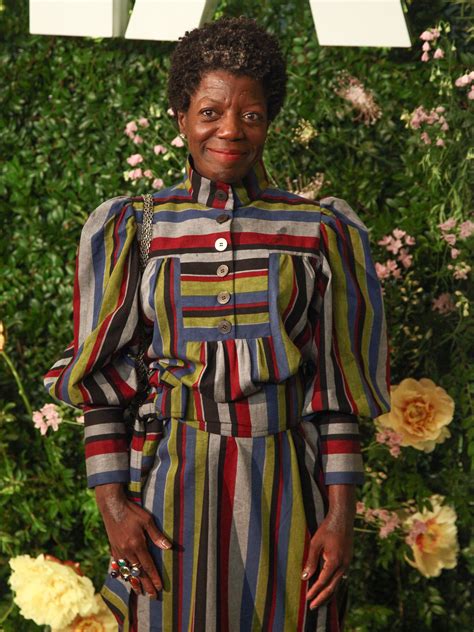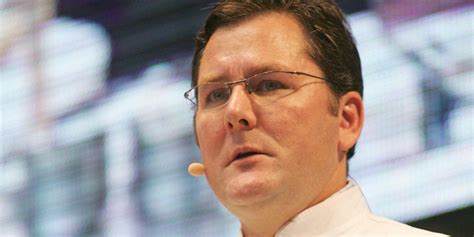A Quote by Thelma Golden
The day I decided I didn't want to be a 19th-Century European curator, I knew I would never have the experience of people coming and going 'ooh' and 'aah,' the way they do around the Monets. It just doesn't happen.
Related Quotes
The Anglo-American tradition is much more linear than the European tradition. If you think about writers like Borges, Calvino, Perec or Marquez, they're not bound in the same sort of way. They don't come out of the classic 19th-century novel, which is where all the problems start. 19th-century novels are fabulous and we should all read them, but we shouldn't write them.
I was really interested in 20th century communalism and alternative communities, the boom of communes in the 60s and 70s. That led me back to the 19th century. I was shocked to find what I would describe as far more utopian ideas in the 19th century than in the 20th century. Not only were the ideas so extreme, but surprising people were adopting them.
People have asked me about the 19th century and how I knew so much about it. And the fact is I really grew up in the 19th century, because North Carolina in the 1950s, the early years of my childhood, was exactly synchronous with North Carolina in the 1850s. And I used every scrap of knowledge that I had.
If you knew what was going to happen, if you knew everything that was going to happen next—if you knew in advance the consequences of your own actions—you'd be doomed. You'd be ruined as God. You'd be a stone. You'd never eat or drink or laugh or get out of bed in the morning. You'd never love anyone, ever again. You'd never dare to.
People are paralyzed on a football field. People die. You just never know when it's going to be your last moment. I was the kind of guy who would never talk to my wife on game day. Now I'm the guy who's like, 'I love you.' I want my children to know I love them because I don't know what's going to happen out there.
You had a flood of immigrants, millions of them, coming to this country. What brought them here? It was the hope for a better life for them and their children. And, in the main, they succeeded. It is hard to find any century in history, in which so large a number of people experience so great an improvement in the conditions of their life, in the opportunities open to them, as in the period of the 19th and early 20th century.




































